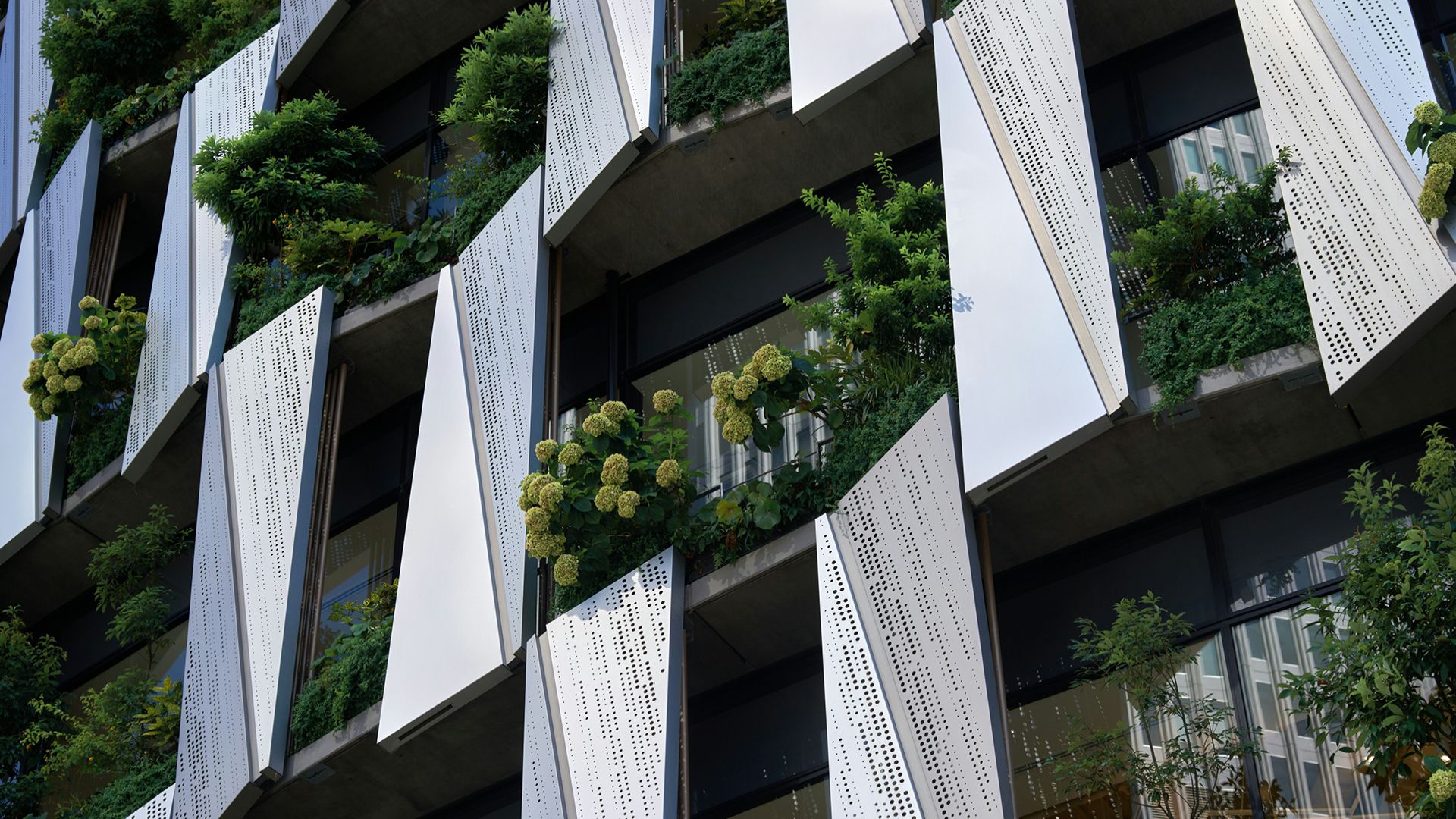







November 13, 2025 | 5:30 PM
11/25
Irena Križ Šelendić
/ MPGI /
Branimir Šegotić
/ Termoinženjering – projektiranje /
Velimir Dvorščak
/ Multimont /
Tomislav Stašić
/ Idea to project /
Dražen Pomper
/ Monel /
Powered by Erste
Improved energy efficiency is becoming a key instrument in Europe’s transition toward climate neutrality. In addition to directly reducing CO₂ emissions, it has the potential to lower the European Union’s annual energy import bill, which currently exceeds €330 billion.
According to the targets adopted by the European Parliament in 2023, by 2030 Member States must reduce energy consumption by at least 11.7% compared to 2020 and achieve average annual savings of 1.5%, with an increasing pace toward the end of the decade. Local, regional, and national measures aim to transform the public sector, businesses, buildings, and data centers—with a strong emphasis on building renovation and energy efficiency.
Buildings in the European Union account for 40% of total energy consumption and 36% of greenhouse gas emissions. Their renovation and adaptation to new standards therefore represent one of the most important segments of European energy policy. Under the new rules, all new buildings must be zero-emission by 2030, while publicly owned buildingsmust meet this target as early as 2028. By 2030, the average energy consumption in the building sector is expected to decrease by at least 16%, and by 2035 by 20–22%.
These processes and the challenges of implementing European targets in the national context will be the focus of the next edition of the series Sustainable Hour: ESG in Focus – Powered by Erste, taking place on Thursday, November 13 at 5:30 p.m. The expert panel, dedicated to building energy efficiency and the challenges of its practical implementation, will bring together leading professionals in the fields of design, energy, and facility management.
Participants:
Through concrete examples of reconstruction of commercial and residential buildings - from fuel replacement to the adaptation of heating and cooling systems - the discussion will address the real possibilities of implementing European energy goals in national and local contexts. The focus is not on ideals, but on feasible solutions, engineering practice, and the role of technical professions in the decarbonization of spaces that shape our everyday living standards.
Marco Ernesto Rossi
02/26
Ljuba Južnič
Silvana Mihaljević
Maks Udov
Siniša Staničić
Nikolina Krešo
01/26
Zdravko Tomšić
Daniel Fischer
Nataša Jukić
Ana Marija Šimić
Anita Markota Štriga
Bojana Mrvoš
12/25
Juraj Pojatina
Marko Gusić
Mia Kozina
Duje Katić
Miha Bogotaj
11/25
Prof. Kristian Jambrošić, PhD
Prof. Antonio Petošić, PhD
Assoc. Prof. Marko Horvat, PhD
Prof. Zoran Veršić, PhD
Mateja Nosil Mešić
Bojan Borko
Romana Ilić
doc. art. Mateo Biluš
10/25
Alan Kostrenčić, PhD
Ivana Tutek, PhD
Maja Stanić
Eli Kodnik
09/25
Aida Riđanović
Helena Matuša
Milan Koštro
09/25
Kaja Šprljan Bušić
Ines Hrdalo
Ljuba Južnič
08/25
Ivana Šajn
Silvije Novak
07/25
Ivan Dell’orco
Tedi Chiavalon
Vladimir Sabo
Rudolf Šaravanja
Anica Petričević
Tea Pestotnik Prebeg
06/25
Vesne Šoić
05/25
Morana Ikić Komljenović
Nerma Mehadžić
Sanja Borčić
05/25
Tomislav Fabek
04/25
Vjeran Piršić
Marko Sušanj
Aida Čustović
03/25
Nataša Ivanišević
Fausto Ferlin
Marko Iveković
03/25
Saša Poljanec-Borić, PhD
Zoran Paunović
Davor Bruketa
Silvije Novak
03/25
Marina Zajec
01/25
Zoran Šuša
Juraj Pojatina
12/24
Marko Dabrović
Boris Centner
Neven Mikec
11/24
Marko Matejić
Nikola Ivković
Iva Šilović
11/24
Romana Ilić
Ana Laslo
Irena Križ Šelendić
Željka Hrs Borković
Vjeran Piršić
11/24
Jana Čulek
10/24
Seats are limited, so please reserve your place here.
Admission is free!